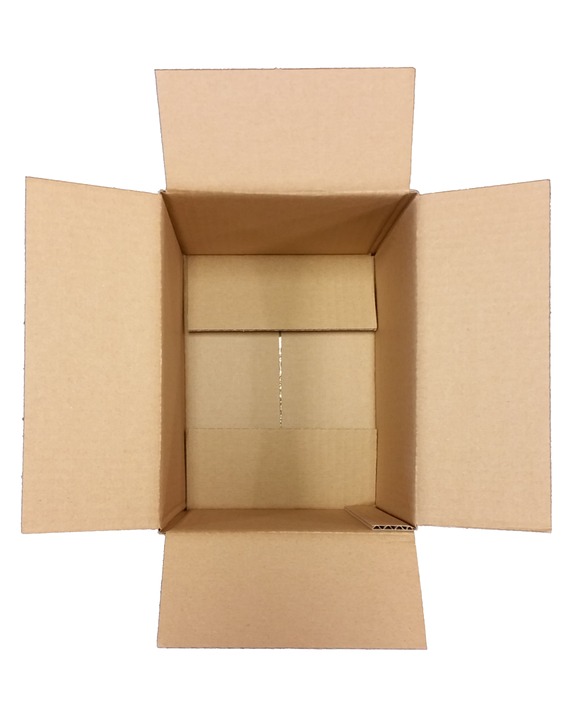The Shift Towards Recyclable Materials in Drinks Packaging
In recent years, there has been a significant shift in the drinks packaging industry towards using recyclable materials as a sustainable alternative to virgin plastics. This shift is driven by increasing consumer awareness of environmental issues and the need for companies to reduce their carbon footprint. In this report, we will explore how recyclable materials are replacing virgin plastics in drinks packaging, the financial implications of this shift, and the key players in the industry.
The Rise of Recyclable Materials
One of the main reasons for the shift towards recyclable materials in drinks packaging is the growing concern over the environmental impact of plastic pollution. Plastic waste, especially single-use plastics like those used in drinks packaging, has become a major issue for the environment, with millions of tons ending up in landfills and oceans every year. As a result, consumers are increasingly demanding more sustainable packaging options from companies.
To meet this demand, many drinks packaging manufacturers are now turning to recyclable materials such as PET, HDPE, and aluminum. These materials can be easily recycled and have a lower carbon footprint compared to virgin plastics. In addition, advancements in recycling technology have made it easier and more cost-effective for companies to incorporate recyclable materials into their packaging.
Financial Implications
While there may be some initial costs associated with transitioning to recyclable materials, many companies are finding that the long-term financial benefits far outweigh the upfront investment. For example, using recyclable materials can help companies reduce their waste disposal costs, as they can sell their used packaging materials to recycling facilities. In addition, companies that use recyclable materials may also benefit from tax incentives and subsidies for promoting sustainability.
Furthermore, consumers are increasingly willing to pay a premium for products that are packaged in environmentally friendly materials. This can help companies increase their profitability and market share in the long run. According to a report by Grand View Research, the global market for sustainable packaging is expected to reach $399.28 billion by 2025, indicating a significant opportunity for companies that adopt recyclable materials in their packaging.
Key Players in the Industry
Several major companies in the drinks packaging industry have already made significant strides towards using recyclable materials in their packaging. For example, Coca-Cola has committed to using 50% recycled materials in its packaging by 2030, while PepsiCo has pledged to make 100% of its packaging recyclable, compostable, or biodegradable by 2025. These initiatives not only help reduce the environmental impact of these companies but also strengthen their brand image and appeal to environmentally conscious consumers.
In addition to major beverage companies, there are also a number of smaller players in the industry that are leading the way in sustainable packaging. For example, Boxed Water is Better, a company that sells water in cartons made from renewable resources, has seen significant growth in recent years as consumers look for more sustainable alternatives to plastic bottles.
Conclusion
In conclusion, the shift towards recyclable materials in drinks packaging is a positive trend that benefits both companies and the environment. By using recyclable materials, companies can reduce their carbon footprint, appeal to environmentally conscious consumers, and potentially increase their profitability. As more companies adopt sustainable packaging practices, we can expect to see further innovation in the industry and a continued reduction in the use of virgin plastics. It is clear that recyclable materials are the way of the future for drinks packaging, and companies that embrace this shift will be well-positioned for success in the years to come.




